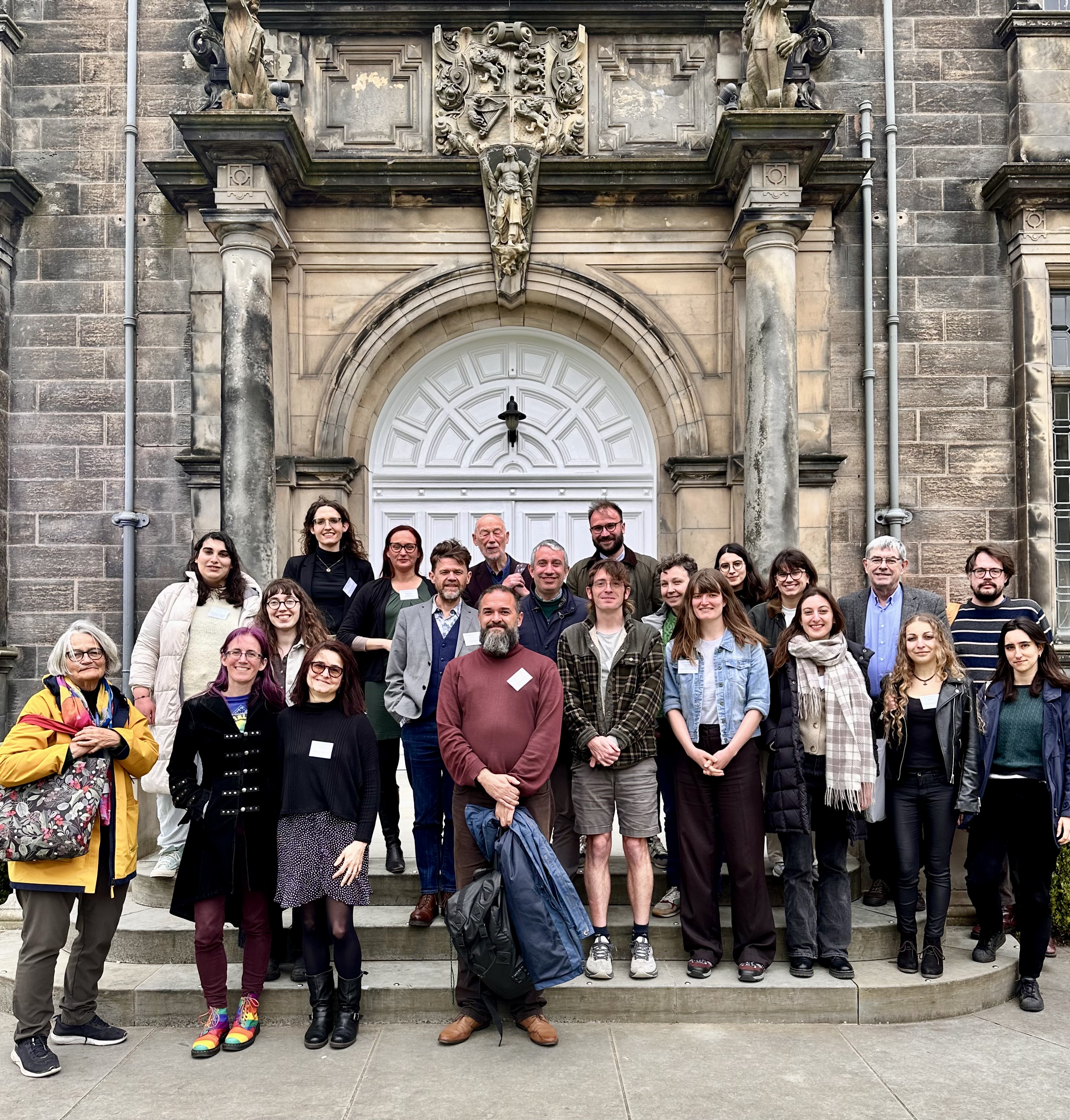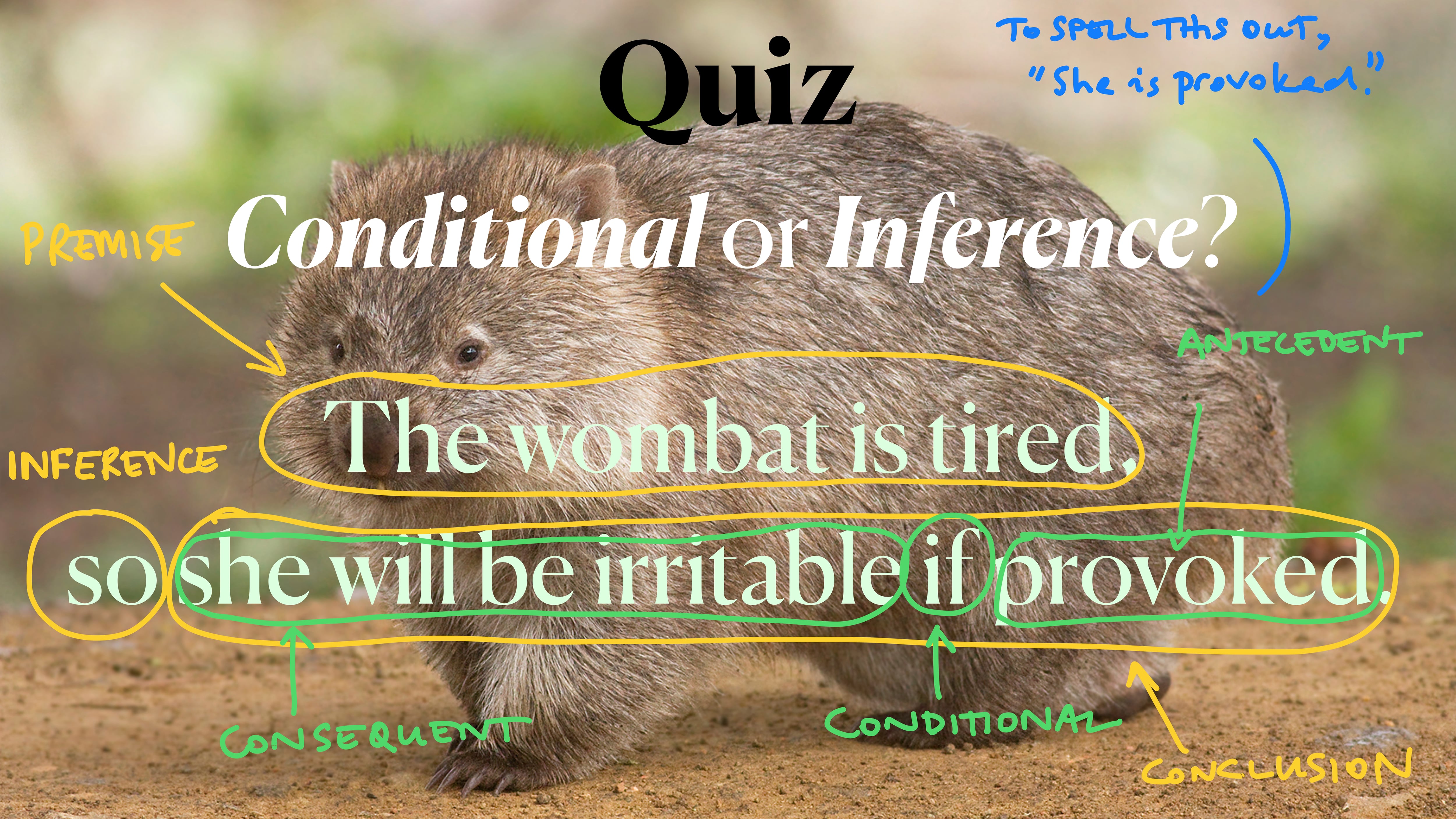
Hello! I’m Greg Restall, and this is my personal website. ¶ I am a Professor of Philosophy at the University of St Andrews, and I like thinking about – and helping other people think about – logic and philosophy and the many different ways they can inform each other. I am known for work on substructural logics, logical pluralism, and, more recently, connections between proof theory and philosophy. ¶ I use this site to post news items and the occasional thought, and to serve as a repository of my writing, presentations and teaching.


